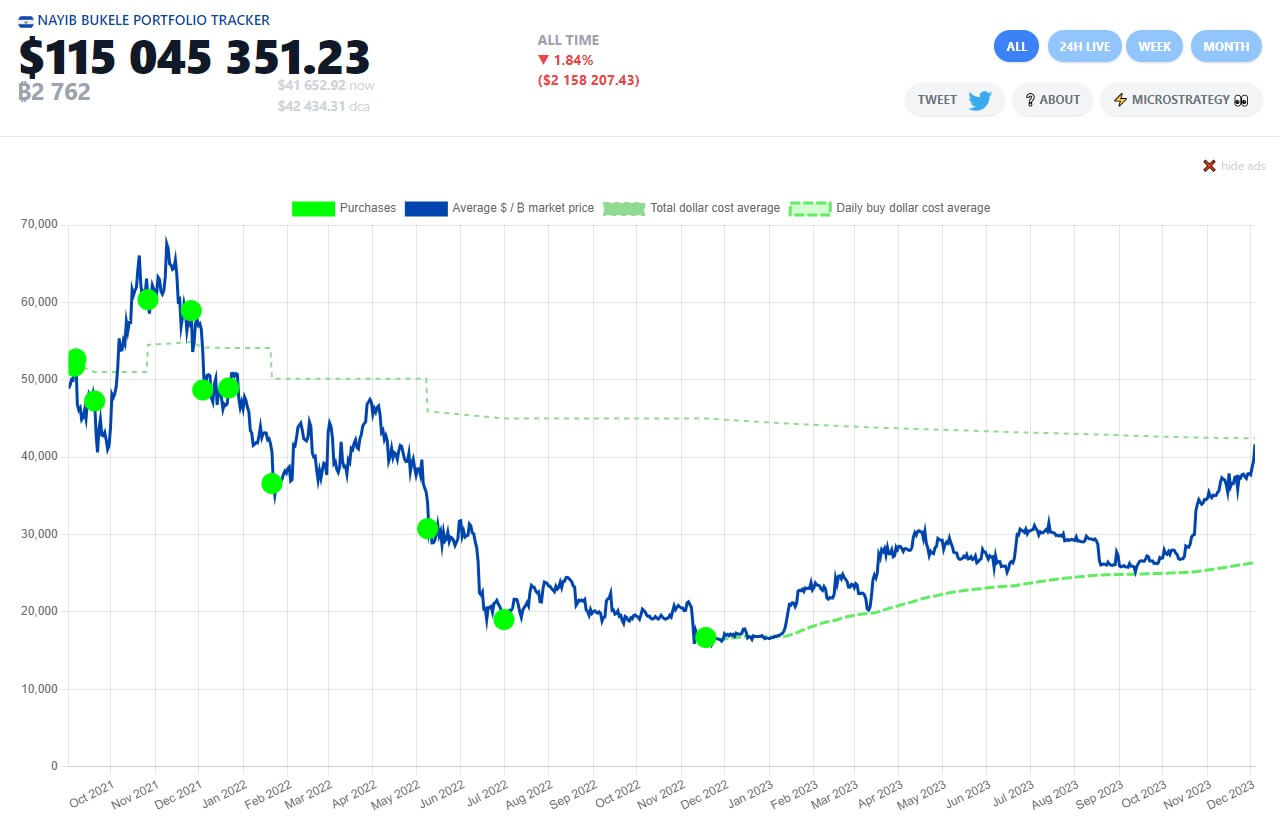M^0 secures $35M Series A round for stablecoin issuance network
Decentralized infrastructure provider M^0 has secured $35 million in a Series A round for its stablecoin issuance platform.
Bain Capital Crypto led the funding with existing investors and partners Galaxy Ventures, Wintermute Ventures, GSR, Caladan and SCB 10X. According to an announcement, the company deployed its core protocol and on-chain governance mechanism on the Ethereum mainnet on June 4.
M^0 allows institutional clients to mint stablecoins based on high-quality collateral, such as United States Treasurys. The process is akin to asset tokenization, allowing institutional investors to convert assets into digital tokens — in this case, a stablecoin.
MakerDAO’s stablecoin, Dai (DAI), uses a similar mechanism, but instead of relying on traditional assets as collateral, crypto assets are locked in smart contracts and used as collateral for DAI minting. The M^0 protocol has former members MakerDAO and Circle on its team.
“Stablecoins are the largest and fastest growing asset for settlement on public blockchains today. We expect this market to continue to grow quickly to trillions of dollars over the next decade,” said Stefan Cohen, partner at Bain Capital Crypto.
The adoption of stablecoins is expected to grow, particularly in decentralized finance (DeFi) applications such as asset tokenization, as well as in remittances. According to DefiLlama, the market cap of all stablecoins is $160 billion at the time of writing.
“While the stablecoin sector has grown [...] It still mostly comprises what we consider to be [version 1] solutions, more often than not additional layers on top of antiquated and redundant financial infrastructure,” argues M^0 Foundation president Luca Prosperi. “The vision is to move this technology forward as the next generation backend for fintech frontends.”
M^0 previously raised $22.5 million in seed funding led by Pantera Capital in early 2023. The funds were used to bootstrap the platform.
“We are transitioning from an outdated monetary infrastructure dominated by large, centralized parties, to a much more modern, federated framework for cryptodollar issuance,” commented Prosperi.
Magazine: Crypto exposes sudden rift among Democrats months ahead of election



